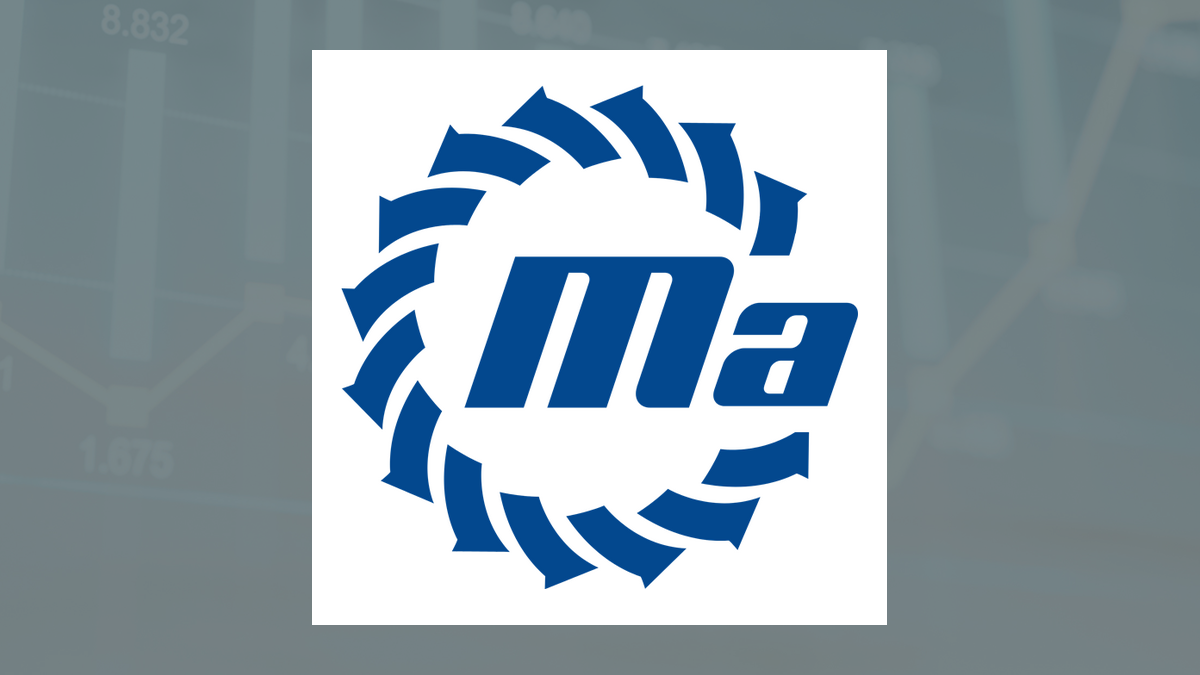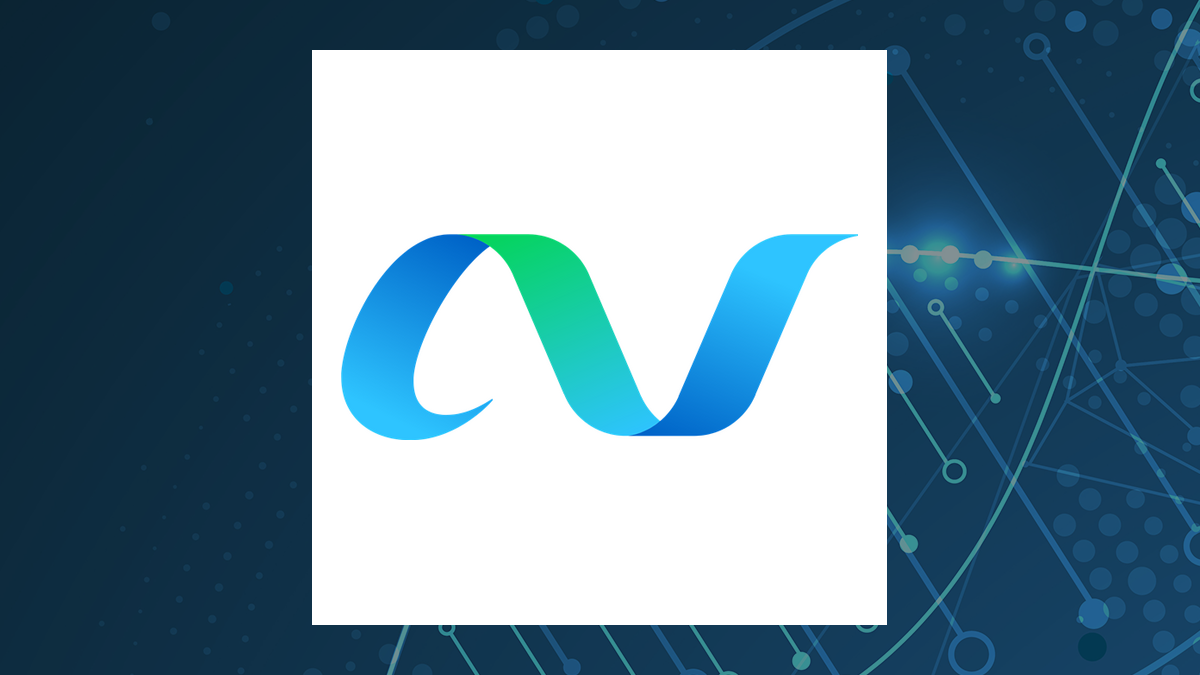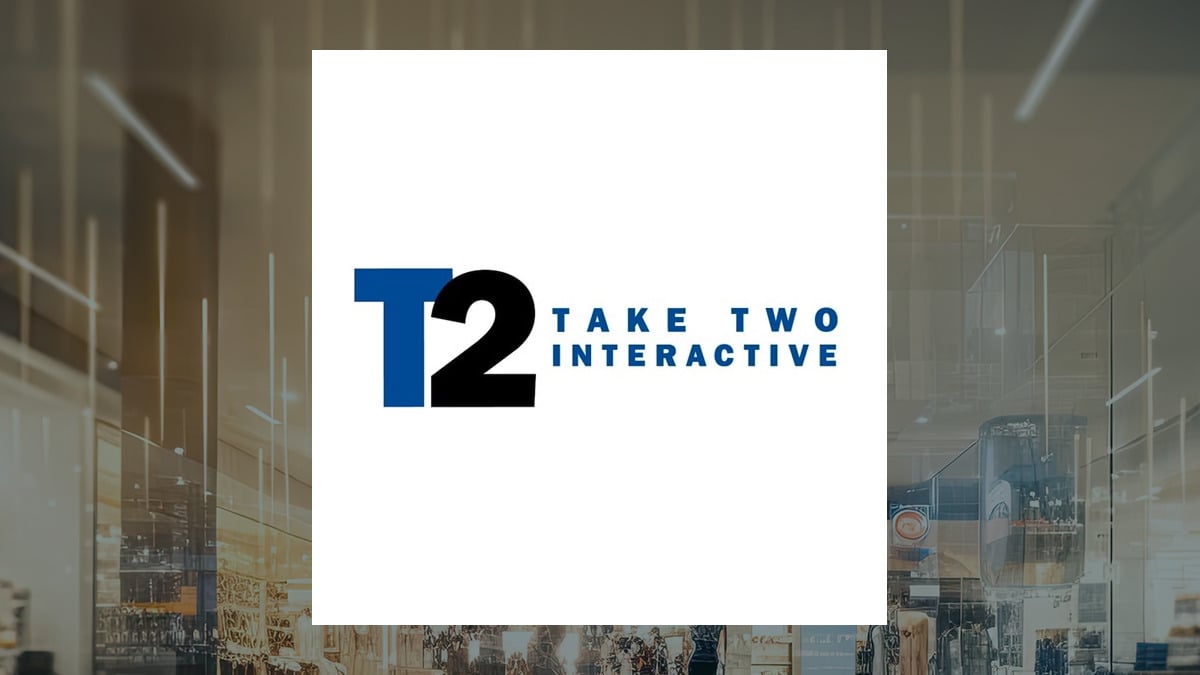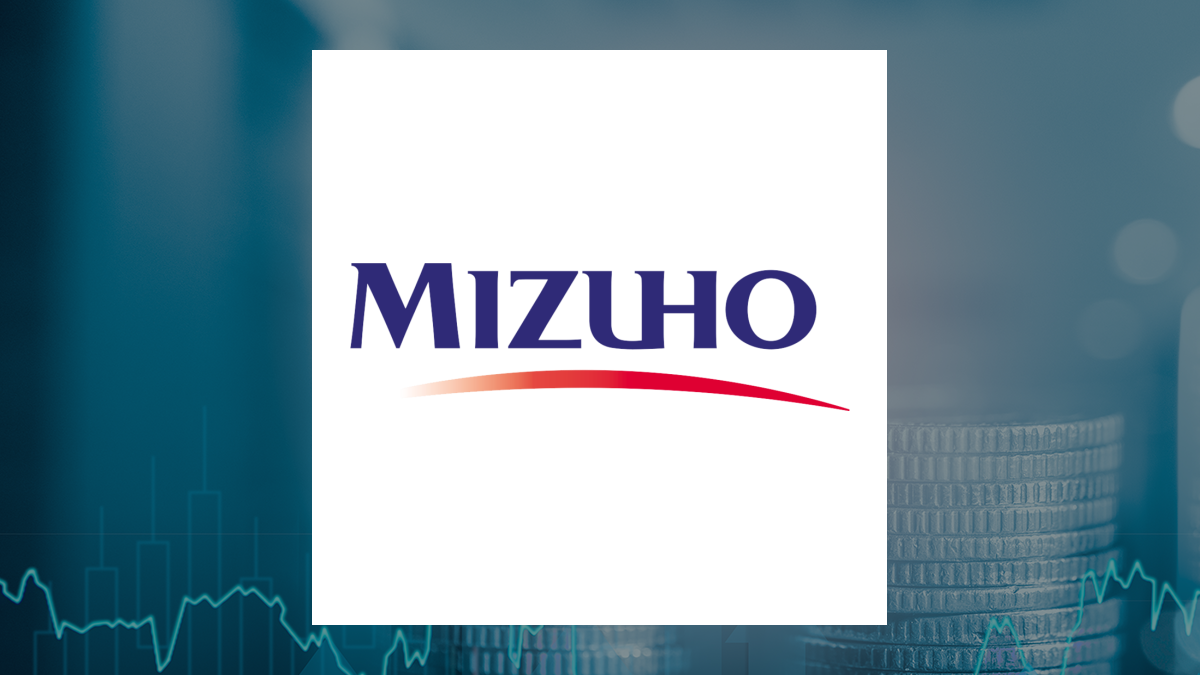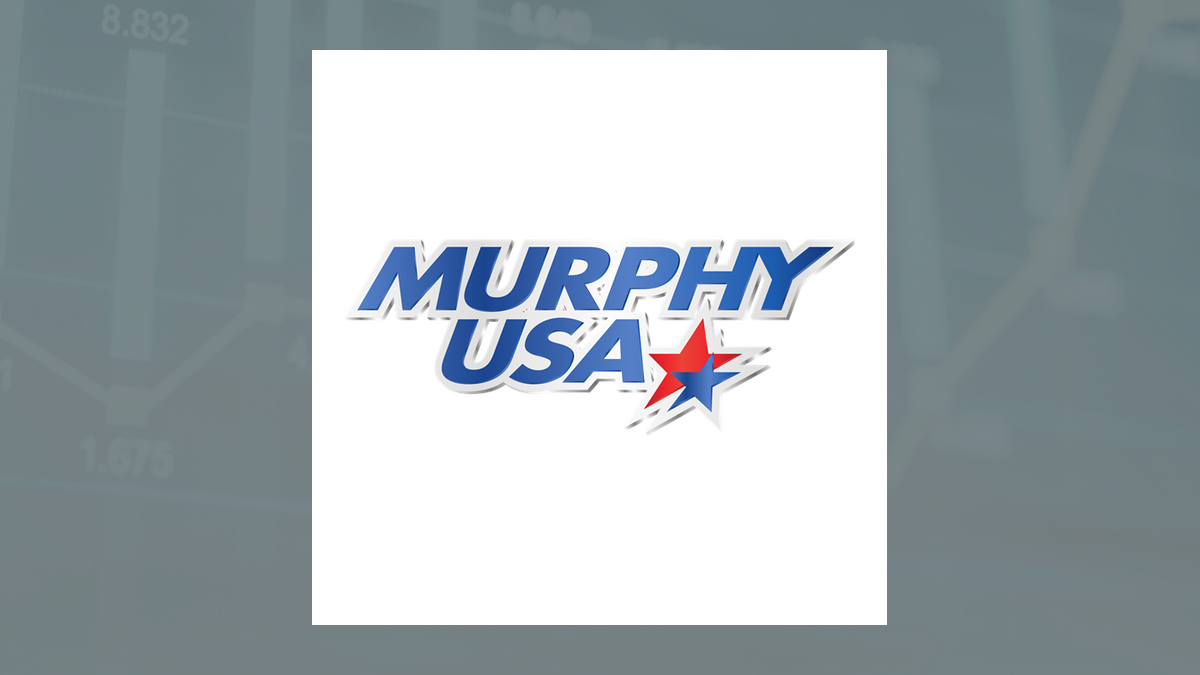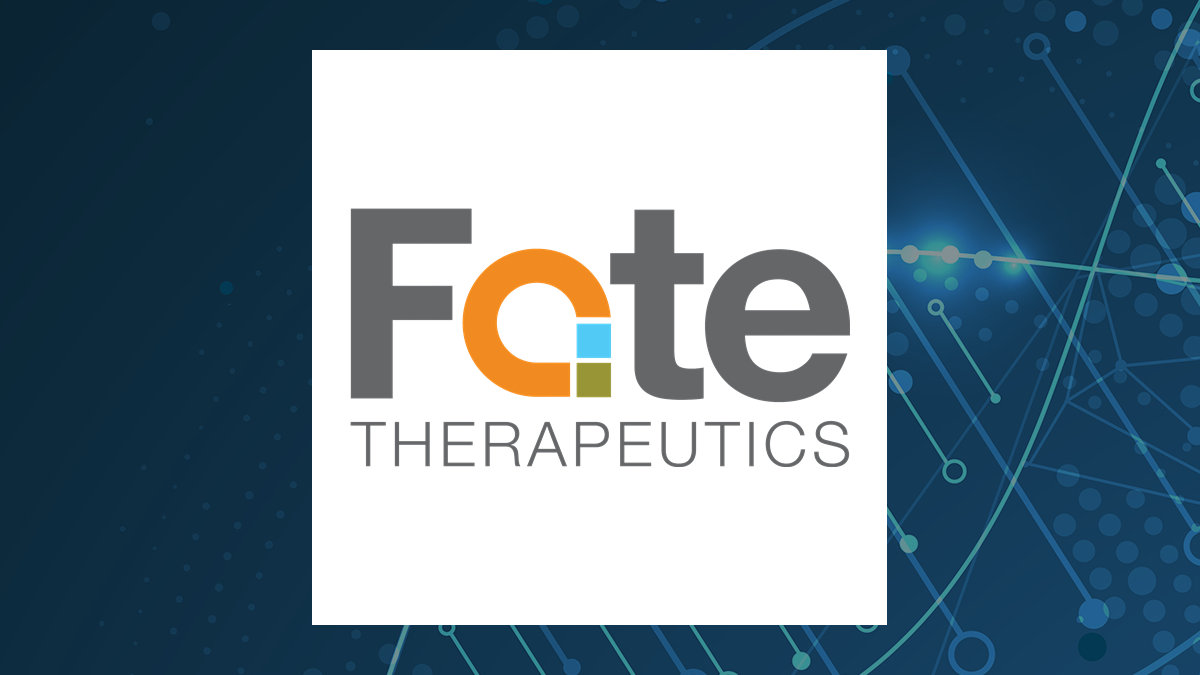In the ever-evolving digital landscape, the pharmaceutical industry faces mounting challenges in ensuring a secure, efficient, and compliant supply chain. Inefficient inventory management leads to billions in losses annually, while outdated tracking systems jeopardize medication availability and authenticity. Vishal Kumar Jaiswal , an expert in healthcare technology, examines how cutting-edge innovations—such as AI-driven analytics, blockchain-based traceability, and IoT-enabled monitoring—are revolutionizing pharmaceutical supply chain operations .
These advancements enhance transparency, optimize inventory, and safeguard drug integrity, ensuring timely delivery and regulatory compliance. By embracing digital transformation, the industry can mitigate risks, improve efficiency, and meet the growing demands of modern healthcare. Traditional inventory management often results in stockouts and overstocking, disrupting patient care and increasing costs.

Automation has revolutionized inventory tracking, enhancing accuracy and reducing carrying costs. Real-time analytics enable healthcare facilities to predict demand more precisely, ensuring essential medications are always available while minimizing waste. These systems streamline operations, improve efficiency, and optimize resource allocation.
By leveraging automation, hospitals and pharmacies can maintain optimal stock levels, prevent shortages, and cut excess inventory. This data-driven approach enhances patient care, reduces financial strain, and ensures seamless supply chain management in healthcare, ultimately transforming how medical supplies are monitored and replenished. Counterfeit drugs endanger public health, but blockchain technology is transforming pharmaceutical supply chains with its transparent, immutable ledger.
By enabling real-time tracking, blockchain ensures medication authenticity and regulatory compliance. Facilities using blockchain-based tracking have seen a sharp decline in counterfeit incidents. This technology enhances traceability, allowing stakeholders to verify product origins and detect tampering at any stage.
With secure, decentralized records, blockchain minimizes fraud, strengthens patient safety, and builds trust across the supply chain. As regulatory bodies emphasize stringent compliance, blockchain emerges as a crucial tool in safeguarding pharmaceuticals from counterfeit threats while ensuring efficiency and transparency. Seamless supplier integration is vital for ensuring a steady pharmaceutical supply.
Advanced integration platforms streamline procurement, minimizing order processing times and enhancing accuracy. Automation optimizes supplier interactions, enabling timely deliveries, reducing inefficiencies, and maintaining optimal inventory levels. By leveraging these technologies, healthcare institutions can enhance operational efficiency, ensuring uninterrupted access to essential medications while improving overall supply chain reliability and performance.
Pharmaceutical supply chains span multiple facilities, demanding seamless real-time data synchronization. Event-driven architectures enable instant data sharing, enhancing coordination across distributed networks. These systems provide real-time visibility into inventory, order status, and disruptions, reducing errors and delays.
By ensuring up-to-date information flow, they optimize supply chain efficiency, improving decision-making and responsiveness. This approach minimizes bottlenecks, enhances accuracy, and streamlines operations, ultimately strengthening overall supply chain resilience and performance in a fast-paced, highly regulated industry. AI is transforming pharmaceutical supply chain management with advanced demand forecasting.
By analyzing historical data and market trends, AI-powered tools predict demand fluctuations with high accuracy. This enables better inventory control, minimizing stockouts and excess supply. As a result, pharmaceutical companies achieve significant cost savings while ensuring timely medication availability.
Improved demand forecasting also enhances patient outcomes by preventing shortages of critical drugs. With AI-driven insights, supply chains become more efficient, resilient, and responsive to market dynamics. Regulatory compliance is crucial in pharmaceutical supply chains.
Digital solutions, such as automated compliance monitoring systems, enhance documentation and auditing, minimizing human errors and regulatory breaches. These technologies ensure adherence to stringent safety standards, mitigating risks of non-compliance. By streamlining compliance processes, digital tools improve efficiency, accuracy, and regulatory oversight, helping pharmaceutical companies meet industry regulations with greater ease.
Automation reduces the burden of manual checks, ensuring product safety while enhancing transparency and accountability in the supply chain. Security is paramount for providing resilience to the pharmaceutical supply chains undergoing digital transformation. Cybersecurity frameworks provide protection against unauthorized access and cyber threats to sensitive data.
Encryption, multi-factor authentication, and continuous monitoring act as layers of protection for the data so that the pharmaceutical operations remain secure and resilient against potential cyber-attacks. Pharmaceutical supply chains are really affected very badly by unexpected disturbances. High-availability architectures and disaster recovery systems really minimize downtime conditions in which business continuity can be broken down.
Advanced failover mechanisms make very rapid recovery from failure possible, and they help to keep the same structural integrity of the supply chain as before, so the shortage of medications will not occur in portfolio during crises. Such resilience strategies help safe operations to ensure access to medicines and that these medicines remain accessible even when the system fails. In the future, as technology progresses, artificial intelligence-influenced automation and enhanced security measures, as well as blockchain improvements, are bound to make an impact on the world.
All innovations of today must be invested in for efficient operation, thrifty earnings outcomes, and patient safety. However, modernizing all these technologically advanced systems must have broader meanings because, as Vishal Kumar Jaiswal would stress, that is where the answers to the increasing demands in healthcare will come..
Business

Optimizing Pharmaceutical Supply Chains: The Role of Technology in Ensuring Efficiency and Security








